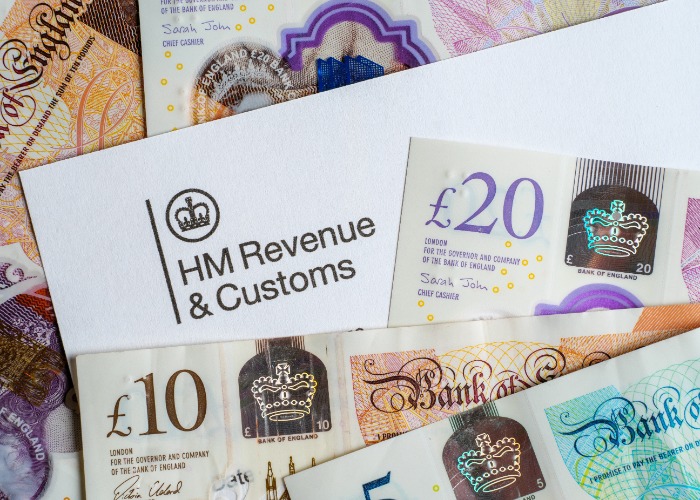Income Tax threshold freeze: bills to soar £50bn in just three years

Millions of earners will pay up to £15,000 more Income Tax by 2028 due to the stealth tax grab, analysis shows.
Households will be paying almost £50 billion more Income Tax a year by 2028, official figures have revealed.
The Office for Budget Responsibility (OBR), the Government spending watchdog, released its forecasts for the UK economy during as part of the Spring Statement.
These forecasts revealed that Income Tax bills are set to rise 11% in the 2024/25 tax year to hit £260.3 billion.
By 2027/28 this is forecast to reach £310 billion, a further increase of almost 20%.
Commenting on the staggering figures, Laura Suter, director of personal finance at AJ Bell, said: “The chancellor’s Spring Statement laid bare the tax raid that’s hitting workers, with the OBR forecasting the biggest tax take relative to the economy since World War Two.
“The Government’s own figures show that the amount the nation is set to pay in Income Tax, outside of Self Assessment taxpayers, is going to rise by almost 11% this tax year compared to last tax year.
“The OBR stated that by 2027/28, tax as a share of GDP will have reached a historic high of 37.7%.”
What’s driving this astronomical rise?
Income Tax bills are soaring because of the ongoing freeze on personal tax allowances.
In order for our tax bills to remain unchanged in real terms, these thresholds should increase roughly in line with inflation each year.
But these thresholds have been frozen at their current level since 2021 and are due to remain unchanged until 2028.
As a result, millions of people’s Income Tax bills are soaring as their income rises each year.
And the impact of this can’t be understated.
Analysis by AJ Bell found that someone earning £15,000 a year will pay almost £3,000 more in Income Tax over the duration of the allowance freeze.
Meanwhile, someone earning £50,000 will have to pay nearly £15,000 more during that time.
|
How much the tax freeze has cost different earners - 2021 to 2028 |
|||
|
Salary at start of 2021/22 tax year |
Total tax due with frozen allowances (from 2021/22 to 2027/28) |
Total tax due with inflation-linked allowances (from 2021/22 to 2027/28) |
Extra tax due under income tax threshold freeze |
|
£15,000 |
£7,917 |
£4,950 |
£2,967 |
|
£25,000 |
£24,926 |
£21,960 |
£2,967 |
|
£35,000 |
£41,936 |
£38,970 |
£2,967 |
|
£50,000 |
£82,176 |
£67,345 |
£14,831 |
|
£70,000 |
£150,161 |
£135,330 |
£14,831 |
Source: AJ Bell
More people being dragged into higher tax nets
With each year the freeze remains in place, more and more people will be dragged into paying a higher tax bracket.
For example, separate analysis has revealed that almost one million more people will pay the Higher Rate of Income Tax this year.
Meanwhile, 700,000 more pensioners will be hit with an Income Tax bill from next year.
In a bizarre development, any retiree in receipt of the full New State Pension who has no other income could be hit with a tax bill as soon as 2026/27 because the value could exceed their personal tax allowance.
Is there anything you can do to avoid the stealth tax raid?
For those in employment, the best way to avoid soaring Income Tax bills is to pay more into their pension each tax year.
By sacrificing some of your salary, you can bring, or keep, your salary below a certain tax threshold.
For pensioners, we’ve highlighted some of the steps they can take to avoid the ‘retirement tax’ here.
Comments
Be the first to comment
Do you want to comment on this article? You need to be signed in for this feature